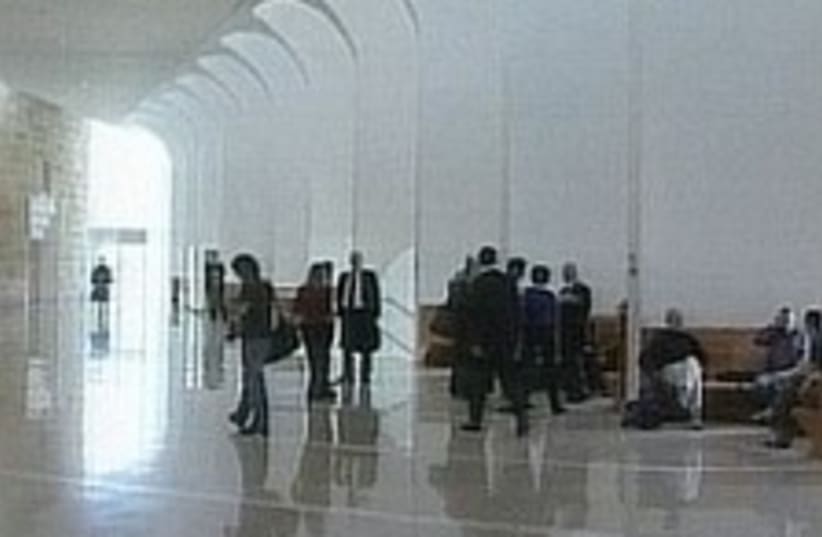| JPOST.COM HIT LIST | |
| JPost.com's most popular articles this past week |
High Court OKs health basket delay
Mazuz decision to let committee meet after elections spurred two petitions.


| JPOST.COM HIT LIST | |
| JPost.com's most popular articles this past week |